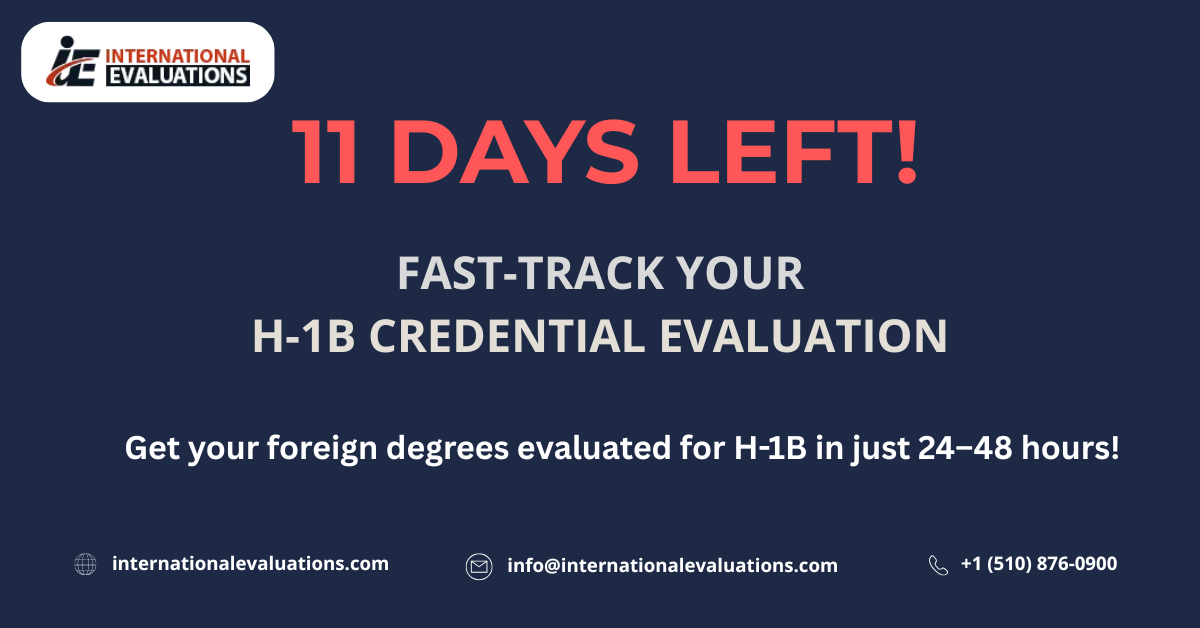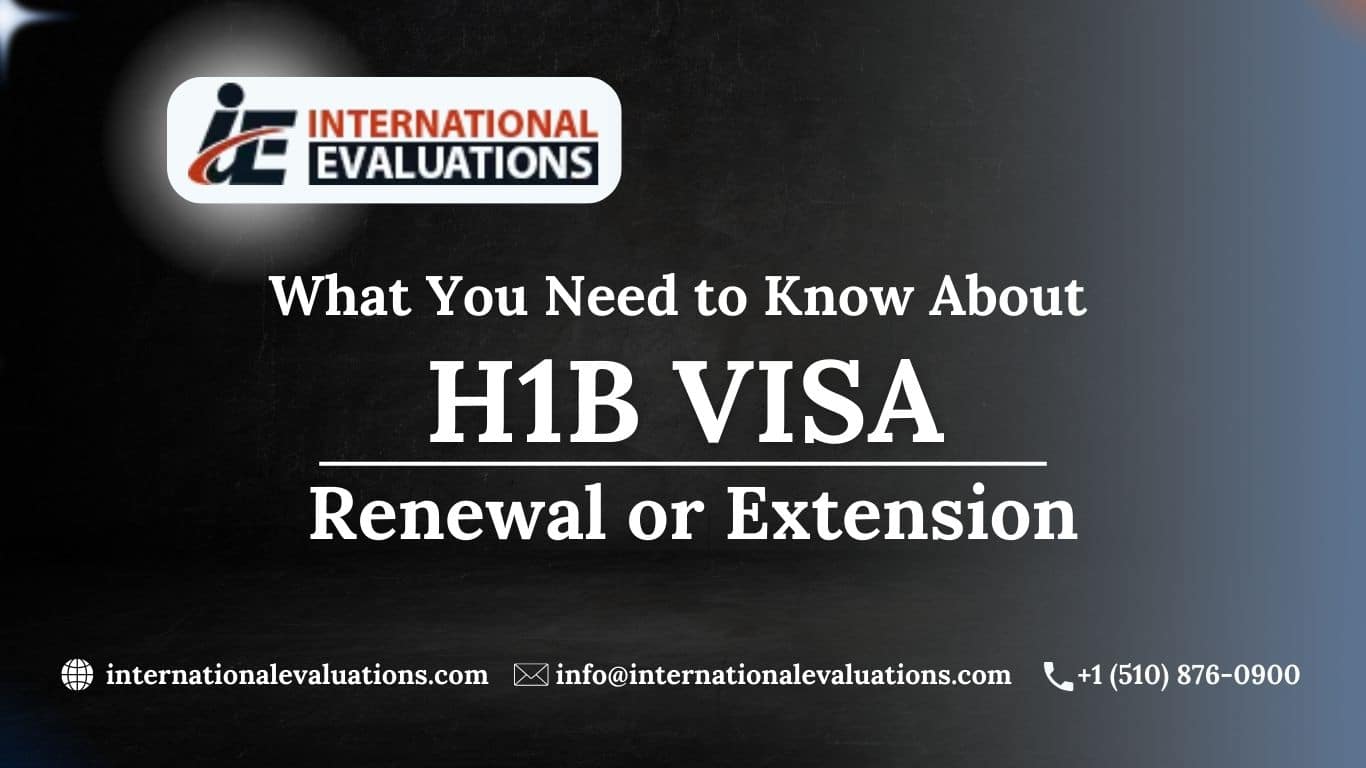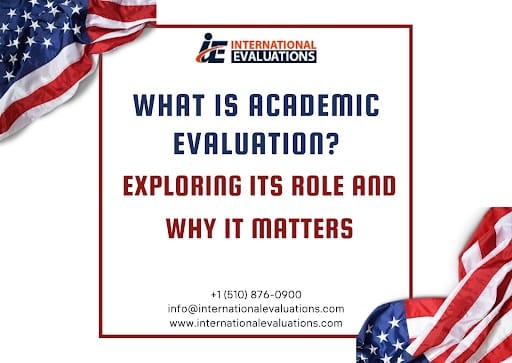L1 Work Permit: Non-Immigrant Visa for Specialized Knowledge and Managerial Roles
The L1 work permit is a non-immigrant visa that allows foreign companies to transfer managers, executives, or employees with specialized knowledge to a U.S. company. The U.S. company must be a branch, office, parent, or subsidiary of the foreign company. The employee being transferred must work as a manager, executive, or specialized knowledge expert.
Types of L1 Work Permits
- L1A Permit: For managers and executives.
- L1B Permit: For employees with specialized knowledge.
The U.S. company must file the petition on behalf of the employee, known as the beneficiary. The U.S. company is the petitioner.
Benefits of the L1 Work Permit
The L1 work permit allows you to live and work in the U.S. for extended periods. It also provides immigration benefits for your spouse and children.
Mistakes to Avoid in L1 Work Permit Petitions
L1A: Manager vs. Personnel Manager
A common issue in L1 work permit petitions is the confusion between a functional manager and a personnel manager. A functional manager handles critical tasks within the organization, while a personnel manager directly supervises employees’ work.
If only one of these definitions applies, make sure to specify this in your L1 petition. Otherwise, USCIS may challenge the application. Clearly outline the managerial tasks in the job description to avoid complications.
L1B Petition: Specialized Knowledge Must Be Specific
For L1B permit petitions, ensure the specialized knowledge is clear and specific. Don’t leave it to USCIS to figure out the details. Be explicit about the machinery, software, or systems involved.
Provide specific examples of how the employee’s knowledge will apply in the role. Detailing the expertise strengthens the petition and reduces the chance of rejection.
Expert Opinion Letter for L1 Work Permit Applications
An expert opinion letter is an essential supporting document work permit application. This letter addresses your qualifications and experience. If USCIS questions whether your qualifications meet the required criteria, the expert opinion letter will clarify how your specialized knowledge and abilities align with the petition.
Documents Needed for Expert Opinion
- Academic documents (work-related, in English, and notarized).
- A detailed resume listing job titles, duties, and previous employers.
- Supporting letters from previous employers specifying job duties and employment periods.
At International Evaluations, our team of Ph.D. holders, professors, and experienced managers can guide you through the L1 permit application process. We provide expert opinions to support your case and streamline the approval process.








